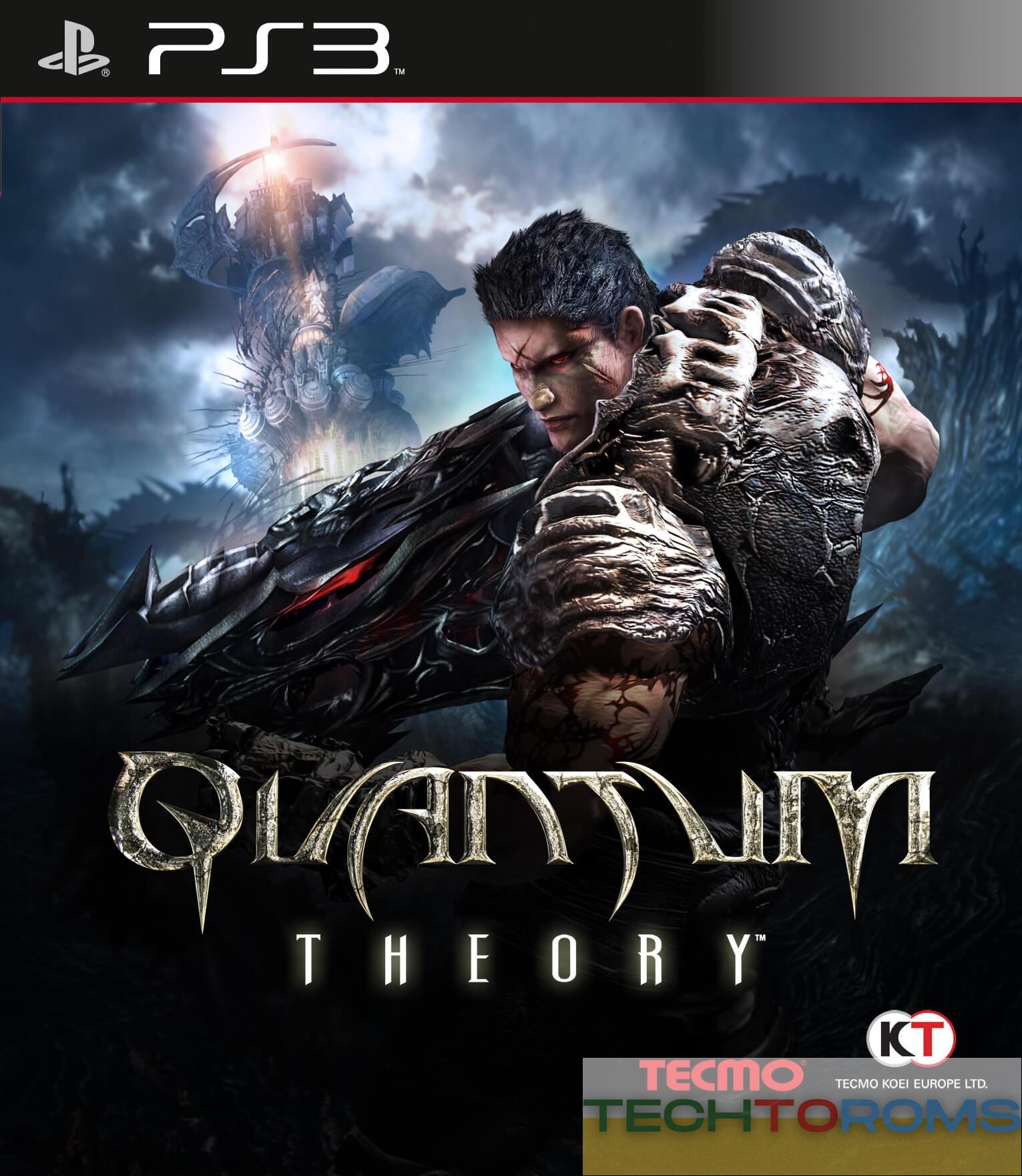
Quantum Theory Rom Download
Feb 22th, 2024
US
1,209
Download Quantum Theory ROM For PS3 At TechToRoms!
Gaming history is replete with titles that have defined genres, themed around war, sports, fantasy, and sometimes, abstract concepts that fray the edges of reality. In September 2010, a game emerged that plunged players into a quantum world, introducing a unique blend of gameplay and narrative seldom seen before. ‘Quantum Theory’ stood as a testament to innovation, provoking critical discussions, and appealing to a niche audience that craved novel experiences in third-person shooter franchises.
Unveiling the Quantum Experience
The Genesis of Quantum Theory
Developed by the now-defunct Team Tachyon and published by Tecmo Koei, Quantum Theory was a venture into unexplored territory for the developers. With the action-adventure genre as their backdrop, the team forged a gaming experience that married a captivating story with fast-paced, intense gameplay.
The Underlying Mechanics
At the core of Quantum Theory was the concept of a shifting battlefield – players found themselves in a constantly morphing environment. This dynamic setting was a manifestation of the quantum theme, where reality is always in flux, adapting to the observer. The game’s mechanics allowed the protagonist, Syd, and his AI companion Filena, to use the environment to their advantage, providing cover, strategic vantage points, and, at times, dire hazards.
The Visual Splendor
Quantum Theory justified the transition to the seventh generation of consoles with its attention to detail in environment design and character models. With a blend of futuristic architecture and organic, pulsating masses reminiscent of the high-tech meets biopunk aesthetic, the game’s visual appeal was undeniably intriguing.
Quantum Storytelling: Is the Pen Mightier Than the Gun?
The Narrative Universe
While many shooters at the time focused on multiplayer battles, Quantum Theory defied the trend with its single-player campaign. The narrative unfolded in a post-apocalyptic world, where players witnessed a unique relationship between Syd and Filena. They navigated a tale of betrayal, redemption, and an underlying question of the nature of reality – a theme deeply rooted in quantum physics.
The Emotional Vacuum
A common critique of shooter games had been their lack of emotional engagement beyond the thrill of the action. Quantum Theory strived to break this mold by establishing an emotional arc for its characters. It’s an interesting phenomenon when a game that relies heavily on combat explores themes of humanity and connection.
Layered Realities
Quantum Theory’s narrative wasn’t without its complexities. The plot wove a thread of ambiguity, questioning the player’s understanding of a straightforward sequence of events. It succeeded in keeping gamers on their toes, deciphering what was real, and what was a projection of the characters’ mindscapes.
Gameplay Dynamics: A Fine Line Between Chaos and Control
The Blend of Speed and Strategy
Quantum Theory’s gameplay forced players to strike a balance between frenetic shooting sequences and tactical cover-based combat. The game’s dynamic environments offered opportunities for creative play, often resulting in emergent strategies that melded the quantum shifts with the ebb and flow of battle.
The Syd-Filena Synergy
Syd and Filena’s cooperative mechanics weren’t just a gameplay gimmick – they were integral to the experience. This synergy added an extra layer to standard cover systems, allowing for combined efforts that could turn the tide of any engagement.
The Multiversal Challenge
The game’s difficulty was often lauded for being as mercurial as the quantum world it imitated. Players faced a formidable array of enemies that required adaptability and sometimes sheer luck to overcome. This challenge was an element many appreciated, as it honed their skills and understanding of the game’s unique mechanics.
Critical Reception: What Quantum Theory Did (and Didn’t) Achieve
A Polarizing Presence
Quantum Theory was not without its controversies. It polarized critics and players alike, with some praising its attempts at innovation and risk-taking, while others felt that the game’s execution fell short of its ambitious goals.
A Technical Analysis
From a technical standpoint, Quantum Theory had its share of teething issues. Some performance and graphical concerns detracted from the game’s visual splendor. However, the innovative nature of its quantum shifts and dynamic environment interactions garnered applause within the gaming community.
The Legacy of Quantum Theory
Despite its mixed reception, Quantum Theory left a mark in the gaming landscape. It reminded developers and players alike that there is room for experimentation in even the most conventional of gaming genres. The legacy of Quantum Theory lies in its willingness to explore new avenues, even if they are divisive.
Exploration Beyond the Quantum Horizon
The Yuji Shibata Connection
Yuji Shibata, the director of Quantum Theory, has a storied career within the gaming industry. His influence on the production of Quantum Theory undoubtedly shaped the game’s final form. An exploration of Shibata’s vision and how it manifested in the game would add context to the project’s goals and inspirations.
The Cult Following
Despite its lukewarm commercial reception, Quantum Theory has a devoted cult following. This subsection of the gaming community has championed the game’s merits, popularity, and its unique position within the broader gaming culture. These dedicated fans have contributed significantly to the ongoing conversation around Quantum Theory.
Retrospective Rumination
A decade on from its initial release, taking a retrospective look at Quantum Theory offers an opportunity to reevaluate its impact and influence. As gaming technology and preferences evolve, the game’s legacy continues to ripple through the industry, potentially inspiring future developers.
Conclusion
Quantum Theory ventured into the quantum with ambition and a commitment to delivering something fresh. While it may not have achieved mainstream success or the unanimous praise its developers likely hoped for, it remains a testament to the spirit of innovation within the games industry. Through its storytelling, mechanics, and bold design, Quantum Theory carved out a space for experimental game development, encouraging risk-taking, and providing a canvas for how disparate elements can come together to create something entirely new.
In an ecosystem where risk is often mitigated by adherence to proven formulas, Quantum Theory stands as a reminder that innovation is found at the edge of the known, in the quantum-like realm of uncertainty. For those who had the chance to experience it, the game will likely remain a milestone of their gaming journeys, a title that sparked contemplation and engagement with a world governed by rules we may never fully grasp – much like the science it draws its name from.
SEE MORE INTERESTING GAMES









